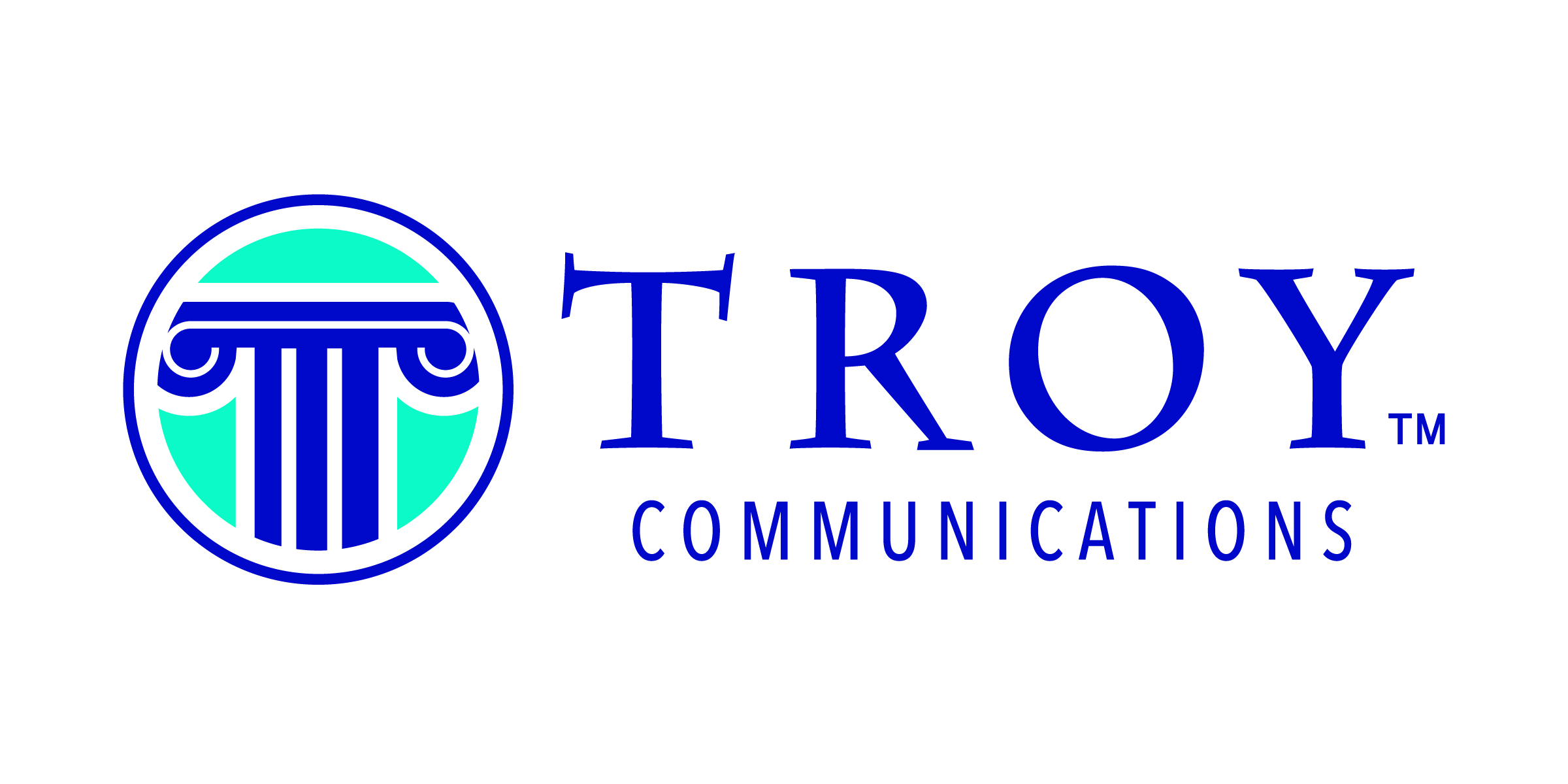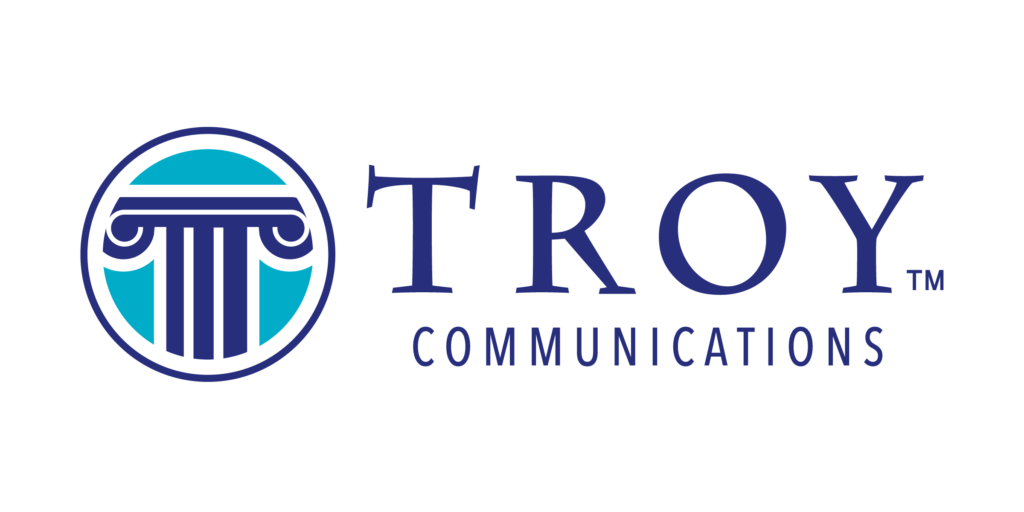By Tasha M. Troy
Have you ever worked with someone who just rubbed you the wrong way?
I am one who prides herself on her ability to get along with just about anyone, but I once had a coworker who simply got under my skin almost every time we interacted. This became a source of stress in our small department!
How often do we let people or circumstances “push our buttons”?
Emotional Intelligence in Action
We often hear about the importance of “emotional intelligence,” and we may have read up on it, even taken a course, in our efforts to become more effective leaders. In their book Primal Leadership: Realizing the Power of Emotional Intelligence, Daniel Goleman, Richard Boyatzis, and Annie McKee point out that “understanding the powerful role of emotions in the workplace sets the best leaders apart from the rest – not just in the tangibles such as better business results and the retention of talent, but also in the all-important intangibles, such as higher morale, motivation, and commitment.”
However, it’s hard to be “intelligent” in the midst of a trying situation. On top of our knowledge, we have to practice emotional resilience and control, especially when the stakes are low, so that we can be more effective when the stakes are high. If you want to have an impact in your sphere of influence on both the tangible and intangible measures, you have to start with protecting your own emotional buttons. Leadership always starts with yourself.
Rising Above the Drama
Any time we are drawn into a conflict, it is important to remember one thing: I can only control and change myself; there is nothing I can do to control the other person or their reactions.
If that is the case, what can we do to rise above the drama of everyday, or even extraordinary, conflict?
Changing how you react to the people and circumstances that provoke you is not a quick and easy thing. In his book The 21 Irrefutable Laws of Leadership, John Maxwell talks about “The Law of Process” – leadership doesn’t develop in a day, but daily, which includes self-leadership. It’s a process.
Just like losing weight or building muscles or learning how to perform any skill takes time, effort, attention, and practice, so building our emotional muscles takes time.
Imperfect Progress
Lysa TerKeurst talks about such a process in her book Unglued: Making Wise Choices in the Midst of Raw Emotions. She calls it “imperfect progress.” If each day we are making slightly better choices than we did yesterday, we are making progress. We won’t react perfectly every time; we are still human and we will blow it. However, if that happens less and less frequently, we have cause to celebrate.
In the situation with my colleague, I learned under what circumstances I could interact with her and when I should steer clear of her. I became more aware of my own reactions and was intentional about reacting differently. It didn’t repair the relationship outside of the workplace, but it made it possible for us to effectively work together.
Take It Deeper
In what area of life do you need to allow “imperfect progress”?
Sometimes it’s hard to know where to start. If you would like to go deeper on this topic, I hold free exploratory coaching sessions each week. You can register online at Troy Communications or email me to schedule an appointment at TMTroy@TroyCommunications.Net
If you enjoyed this article and would like to receive these weekly posts in your inbox, you can subscribe at Troy Communications Blog.
References
The 21 Irrefutable Laws of Leadership by John Maxwell
Primal Leadership: Realizing the Power of Emotional Intelligence by Daniel Goleman, Richard Boyatzis, and Annie McKee
Unglued: Making Wise Choices in the Midst of Raw Emotions. by Lysa TerKeurst



